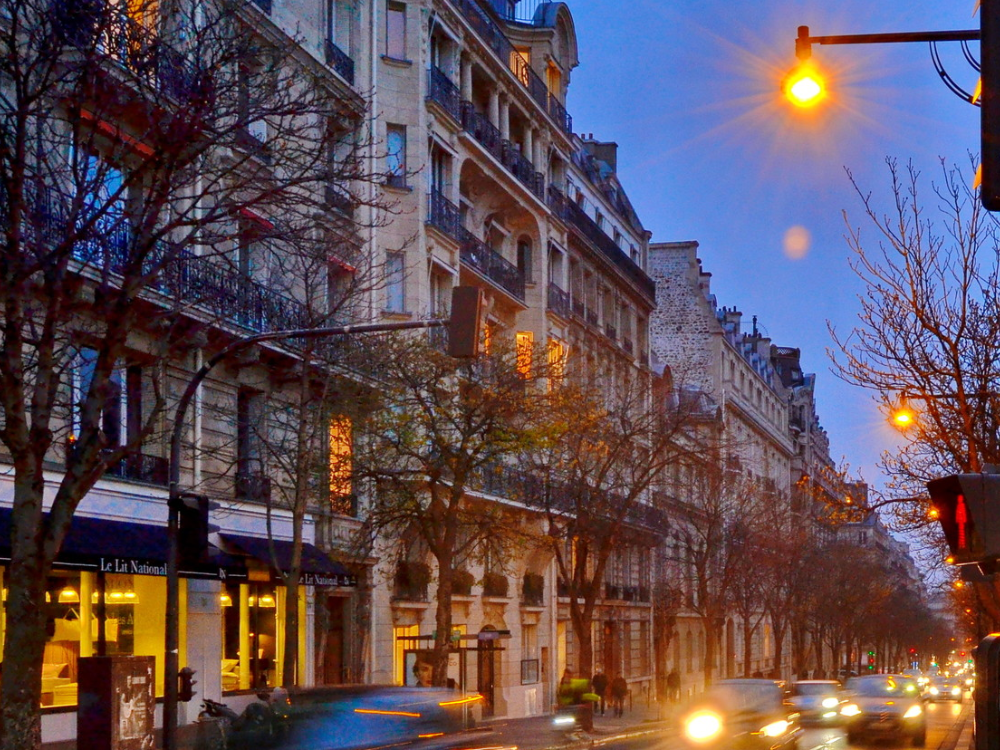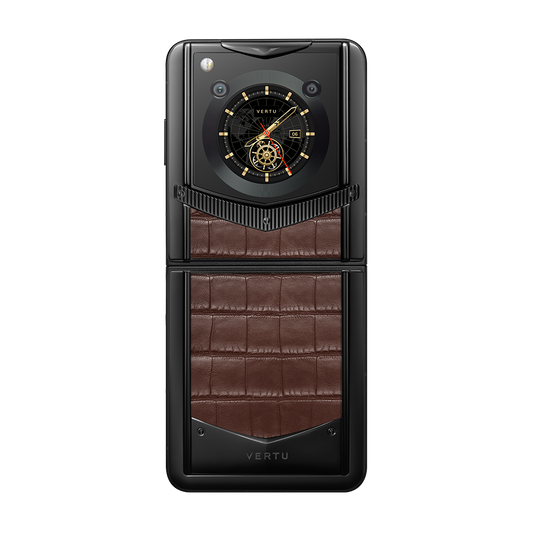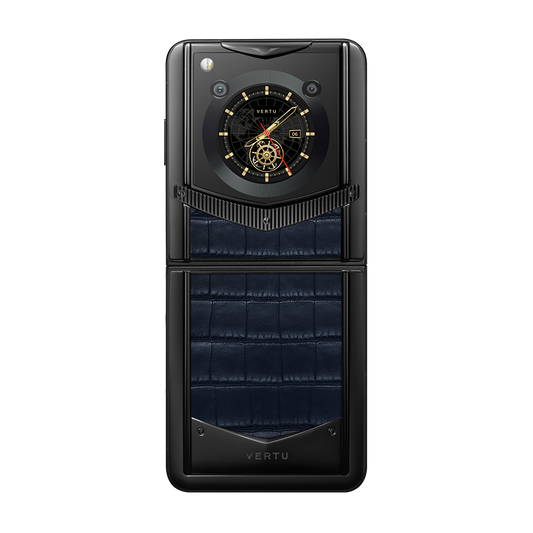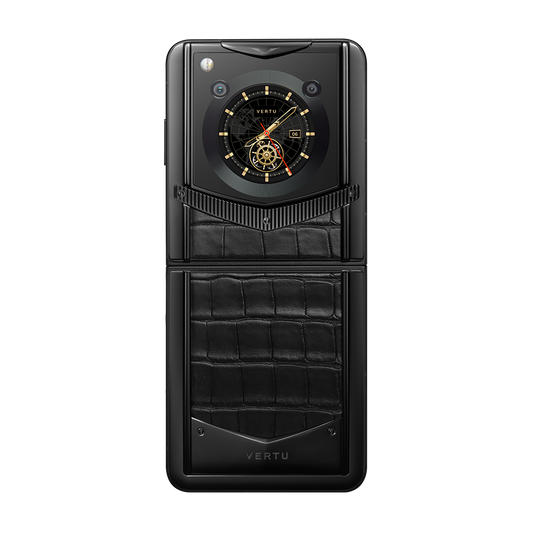Why are High-end Brands Flooding the Real Estate Market?

Luxury brands are competing to buy buildings on Fifth Avenue in Manhattan. Chanel is reportedly considering purchasing a property on the famous street, following rumors that LVMH, the world's largest luxury goods group, is also interested.
Fashion Business Alert reported on the recent string of real estate deals in the area. In December of last year, Prada announced its acquisition of the flagship store building on Fifth Avenue in New York City. Prada has been leasing the 12-story building, located at 724 Fifth Avenue, since 1997, according to public documents. The board of directors considers the property to be of high strategic value and believes it has significant long-term potential, particularly with the addition of residential, hotel, and retail space in the surrounding area. As per the plan, Prada will maintain its stores in the building and also use it to accommodate the group's offices and storage.
In February this year, LVMH's main competitor, Kering Group, also acquired a multi-story commercial building situated at 715-717 Fifth Avenue for $963 million, making it one of the most valuable retail real estate transactions ever in the United States.
In addition to New York's Fifth Avenue, LVMH is also eyeing other iconic global retail destinations such as Paris' Champs Elysees and Milan's Avenue Montenapoleone. Rumours suggest that Bernard Arnault is once again purchasing retail real estate on Champs-Elysees at a high price in a short period of time. This is because Gucci, the core brand of rival Kering Group, is reportedly planning to sign a long-term lease for the store at 150 Champs-Elysees.
Investing in high-end retail real estate within the luxury industry is not a new concept. The final link in the industry's sales behaviour is often linked to its layout in real estate. LVMH was the first company to realise the relationship between the two, thanks to the real estate business of Bernard Arnault's family. In 2007, the group purchased the site of Louis Vuitton's flagship store at the corner of Fifth Avenue and 57th Street for $60 million. This is considered to be the first application of this strategy.
The trend of luxury conglomerates investing in real estate intensified over the next decade and peaked in the last two years. Bernstein's analysis shows that European luxury brands have spent over $9 billion on retail real estate on the world's top shopping streets since the beginning of 2023. LVMH and Kering are among the biggest contributors to this trend. In 2023, LVMH purchased approximately €2.45 billion worth of properties worldwide, while Kering's real estate transactions were worth around €2.45 billion, which is equivalent to 9% of its annual sales or about €1.76 billion.
Luxury brands are increasingly buying up property due to the global retail environment downturn and other objective factors. The real estate market downturn has led many property owners to actively seek buyers to alleviate cash flow problems. This presents an opportunity for luxury brands to purchase core retail real estate that is not currently on the market. For luxury groups with available cash flow, it is more advantageous to acquire core properties rather than pay increasing rents as the industry normalizes.
Additionally, as the importance of the retail experience continues to rise, the demand for space by luxury brands is growing rapidly. This has led to an acceleration in the trend of luxury brands purchasing properties. The trend of upgrading flagship stores in iconic retail destinations is becoming more evident. This creates more intimate shopping spaces for high net worth individuals and reinforces the market's perception of the brand's image through offline stores.
Additionally, investing in retail real estate in core areas helps luxury giants maintain their advantages. Luxury giants like LVMH and Kering are acquiring real estate on major shopping streets, making most of these stores available to their own brands. This leaves small and medium-sized brands with limited opportunities to compete for prime retail space. Chanel and Prada have joined the competition, which may explain why other companies, particularly second-tier brands without strong financial support, may find it difficult to maintain their retail viability due to LVMH's aggressive expansion into the city.
The cost of tickets to prime neighbourhoods is increasing.



















